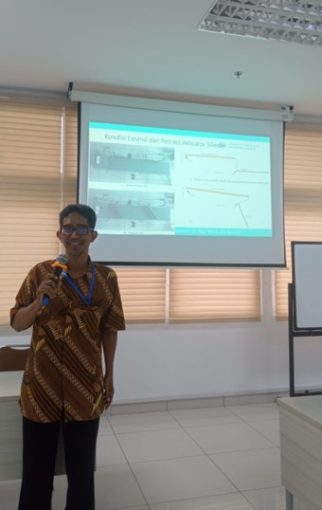


On October 19, 2024, a significant event took place at the Teaching Industry Learning Center (TILC) of Universitas Gadjah Mada (UGM) in Yogyakarta, where the dissemination of research results was presented during the National Seminar on Applied Technology 2024. This seminar served as a platform for researchers to share their findings and innovations, contributing to the advancement of education and technology in Indonesia.
The research was conducted by a team led by M. Arrofiq, with members Fahmizal, Lukman Subekti, Ma’un Budiyanto, Sabariman, Priyo Herlambang, Josua Rusdi Hutagaol, and Fuad Galih Pambudi. Their study focused on the topic of “Object Flow Direction on PLC-Based Conveyors,” which is crucial for enhancing operational efficiency in various industrial processes.
Conveyors are commonly used to transport items to a single exit point. However, in certain processes, conveyors may have multiple branching exits based on the categories of items being transported. The research aimed to develop a mechanism that directs the flow of objects towards the appropriate branching exit on the conveyor. This mechanism is essential for optimizing the sorting and distribution of items in manufacturing and logistics.
The research was implemented on a conveyor with dimensions of 80 cm in length and 15 cm in width. The object directing mechanism on the conveyor is operated by a pneumatic cylinder actuator’s piston rod through a hinge. The director becomes active when the piston rod is pushed, while it becomes inactive when the piston rod is retracted. The movement of the piston rod is controlled by regulating the flow of compressed air to the cylinder actuator.
The direction of the airflow is managed using a directional valve, allowing for precise control over the operation of the conveyor system. Based on the testing results, the object directing mechanism operated smoothly when the air pressure supplied to the cylinder actuator was maintained within the range of 5 to 14 psi. This successful implementation demonstrates the potential for improving conveyor systems in various industrial applications.
The research presented at the seminar not only showcases innovative engineering solutions but also emphasizes the importance of education in fostering technological advancements. The support from the Vocational School through the Department of Electrical Engineering and Informatics was instrumental in the successful execution of this research project.
The seminar attracted a diverse audience, including students, educators, and industry professionals, all eager to learn about the latest developments in applied technology. The presentations sparked discussions on the role of education in driving innovation and the need for continuous research in the field.
In conclusion, the dissemination of research results at the National Seminar on Applied Technology 2024 highlights the critical intersection of education and technology. It serves as a reminder of the importance of collaborative efforts in advancing knowledge and fostering a culture of innovation in Indonesia.
